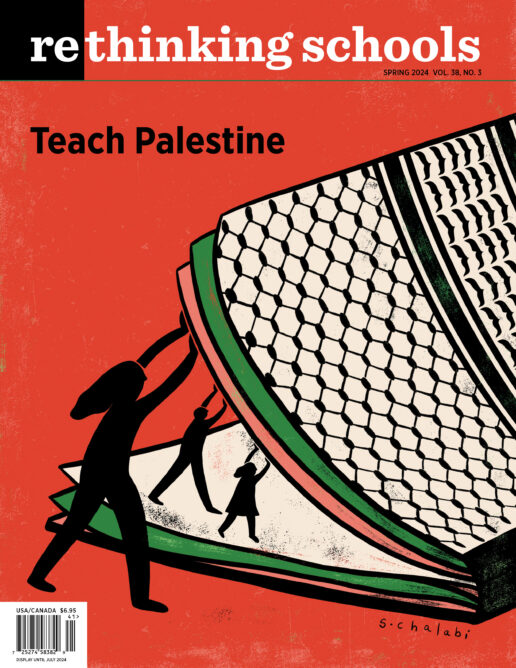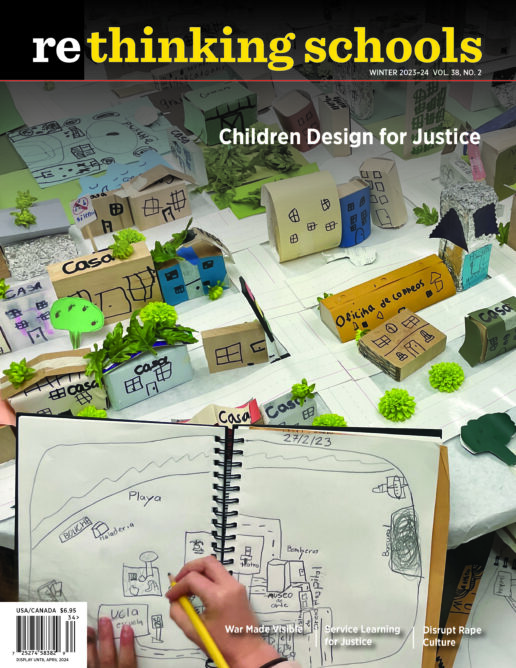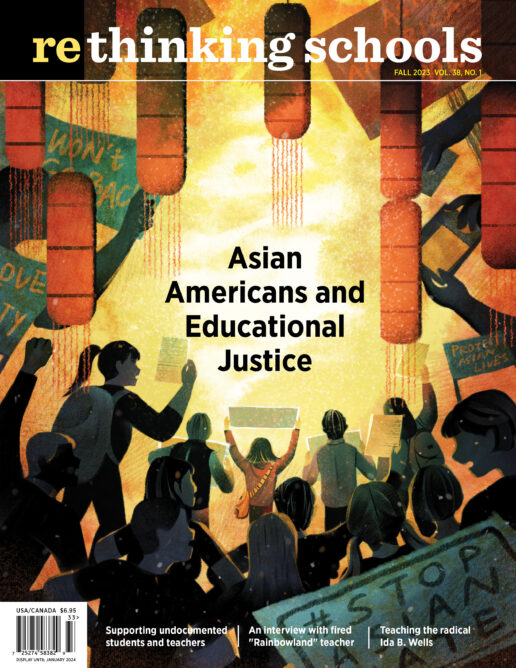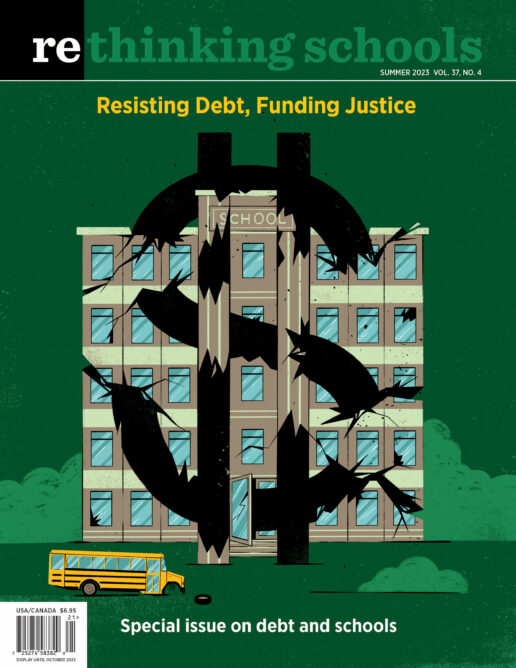-
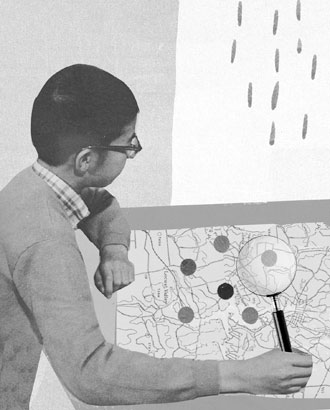
Facing Cancer
Social justice in biology class
A high school science teacher expands her curriculum to include the impact of cancer on her students lives, and the environmental, social, and political realities of who gets sick and who gets treated.
-
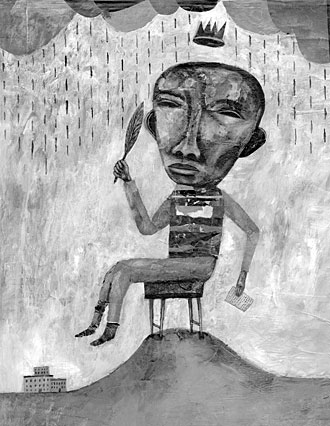
The Danger of a Single Story
Writing essays about our lives
A master teacher responds to the endangerment of our youth with powerful essays and powerful essay writing.
-

From Johannesburg to Tucson
The courage, determination, and political insight of Tucson students bring to mind students who battled for liberatory education in South Africa.
-
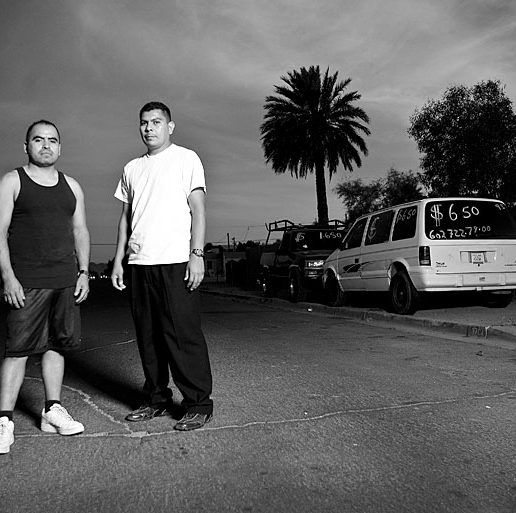
Immigration, Sports, and Resistance
An interview with Carlos Borja
After Carlos Borja built an award-winning track team, he was fired for refusing to oust his assistant coach, who was undocumented.
-
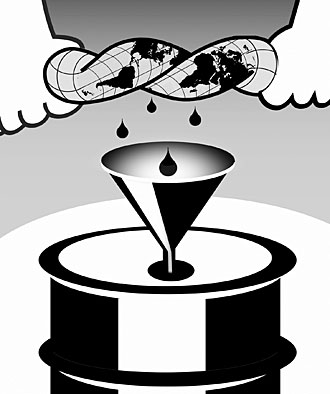
Fracking
In the end, we're all downstream
A 9th-grade social studies teacher uses Gasland to help her students explore the environmental and social impact of hydraulic extraction of natural gas.
“
-
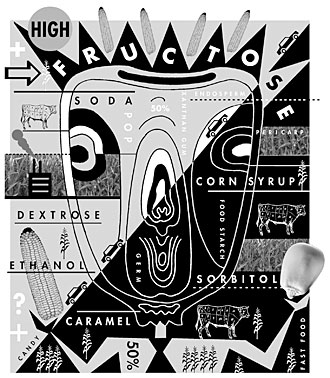
King Corn
Teaching the food crisis
King Corn follows an acre of corn to market and a future as ethanol, food sweeteners, and animal feed. The journey anchors a curriculum on the international food crisis and how much choice we have over what we eat.
-
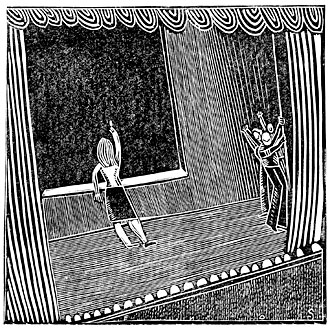
Taking Teacher Quality Seriously
A collaborative approach to teacher evaluation
If test-based evaluation of teachers is unfair and unreliable, whats a better approach? A negotiated union/district plan in Montgomery County, Maryland, offers an alternative.
-

Professional Development
New terrain for big business?
Race to the Top timelines create pressure on winning states to farm out professional development. Is online “canned” PD the wave of the future?
-
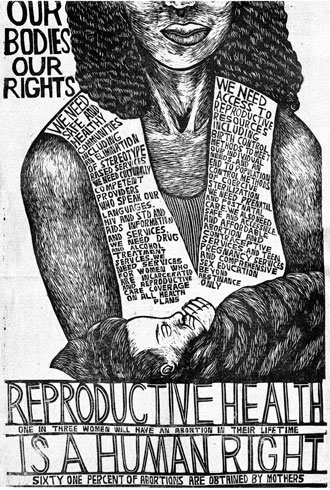
The New Misogyny
What it means for teachers and the classrooms
As we go marching, marching,we’re standing proud and tall The rising of the women meansthe rising of us all. Our lives shall not be sweatedfrom birth until life closes, Hearts […]
-
Letters to the Editor 26.4
A MESSAGE FROM A BLACK MOM TO HER SON Each week I try to find a short piece of information to share with my staff to get them to think […]
-
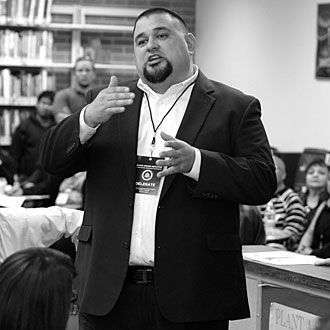
Short Stuff 26.4
SEAN ARCE HONORED—AND FIRED Sean Arce, co-founder and director of the Mexican American Studies program in Tucson, Arizona, received the first Myles Horton Award for Teaching People’s History from the […]
-
Another Alaska
The residential schools, run by the Bureau of Indian Affairs or various church denominations, were established in Alaska in the early 1900s. Until 1976, when the Molly Hootch settlement required the state to establish local schools even in the remote “bush” regions, Alaskan Native children were sent to these boarding schools, which were hundreds or even thousands of miles away from their homes and families.
-
Good Stuff 26.4
Stand for Justice
Helping Teens Stop Violence, Build Community, and Stand for JusticeBy Allan Creighton and Paul Kivel(Hunter House, 2011)204 pp. $19.95 “It is an assumption of our work that young people are […]
-
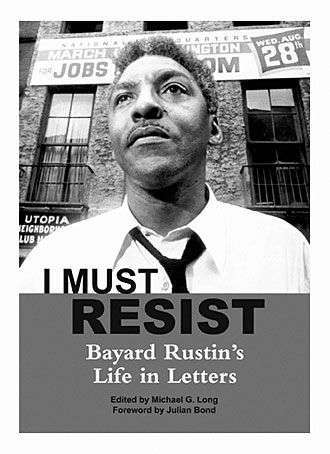
Resources 26.4
Check out these valuable resources, reviewed by Rethinking Schools editors and Teaching for Change colleagues.
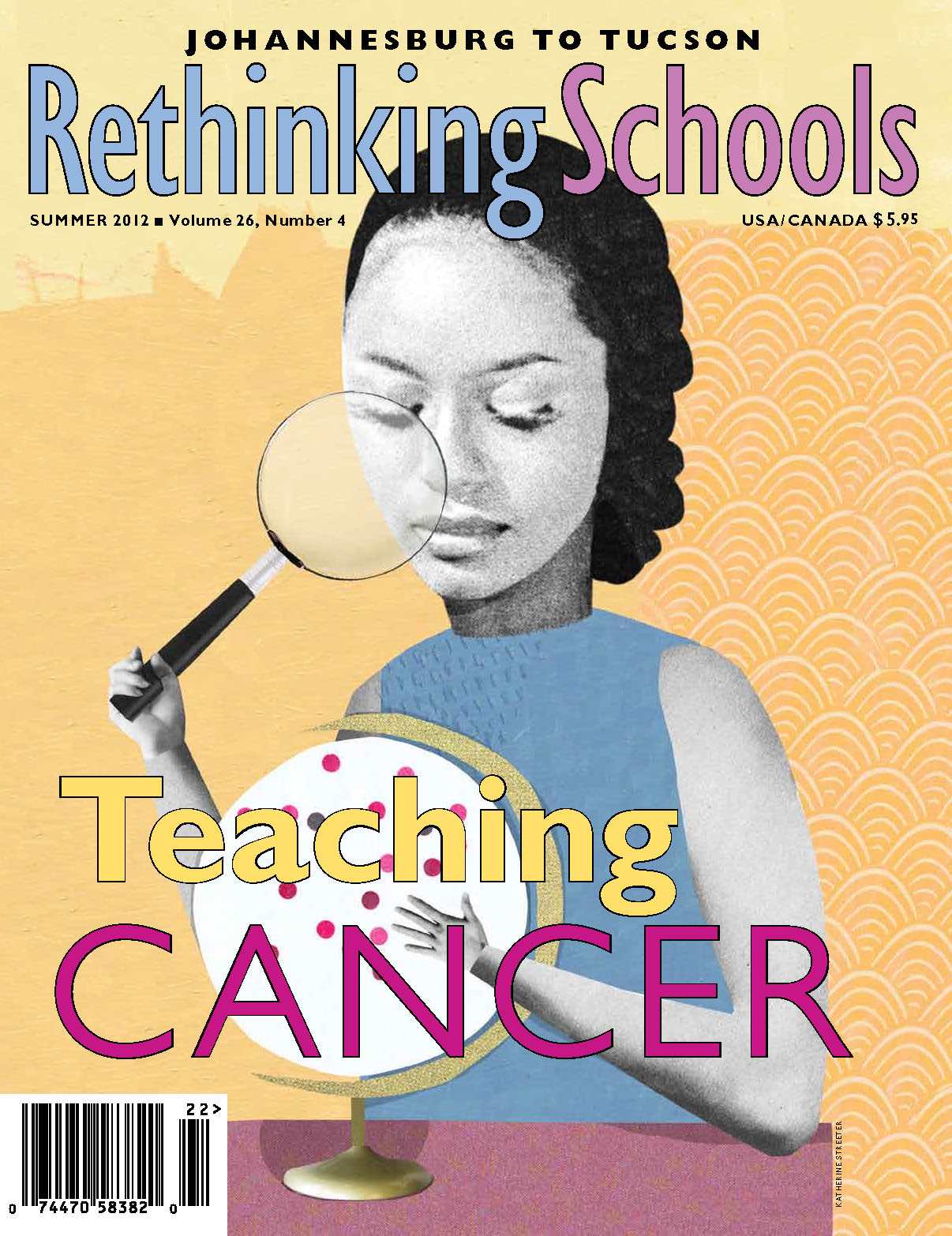
Volume 26, No.4
Summer 2012
Annual Subscription: $24.95
Purchase Digital Copy: $4.95
To purchase individual paper copies of the magazine email us or call customer service at 1-800-669-4192

